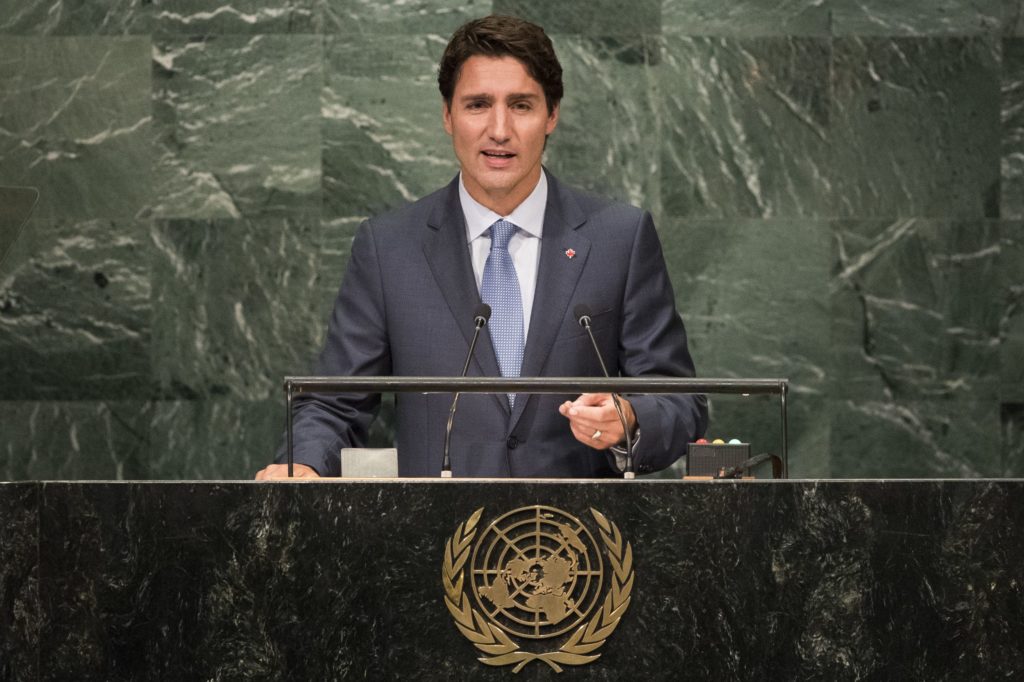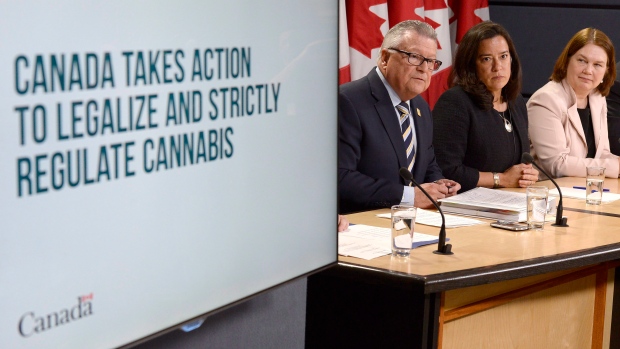Provincial and territorial finance ministers met for a second time Monday to negotiate how revenue from legal marijuana will be shared. Although the marijuana meeting did not have high hopes for a resolution anytime soon, a surprising deal was struck as the feds offered a generous 70 percent (70 cents on every dollar).
On Nov. 10, the federal government announced a proposal to tax legal cannabis at $1 per gram, with all revenue split 50-50 between the provinces and the feds. This declaration quickly prompted opposition from provinces and municipalities that claim they should receive the lion’s share of the money. Their reasoning stems from the knowledge that local and provincial governments are doing most of the heavy lifting regarding the logistics of legalization. These tasks include training law enforcement, constructing retail outlets, and various other regulatory and oversight expenses.
Although the provinces and municipalities have been publicly griping about the tax revenue split for some time now, the various finance ministers have been “cautiously optimistic” about reaching a satisfactory deal after heavy negotiation this month.
Meanwhile, at the federal level, the marijuana bill has its own set of challenges that could put a lump of coal in Prime Minister Trudeau’s stocking.
Bill C-45 recently passed the House of Commons and is now with the Senate. At this stage in the political process, the Senate should simply provide checks and balances on the bill, but Conservative senators are seemingly holding up the legislation on purpose.
“I think we have to do our job properly, and that means months,” said Conservative Senator Claude Carignan. “The House took eight months to study, it will probably take the same timeline to do our job properly.”
Currently, provincial governments are negotiating contracts, selecting retail locations, and making business deals with licensed producers to ensure the market is ready for Canadians by the July deadline. If that timeframe were to be missed by a few months, the costs could be extreme.
Although the Senate is not supposed to operate with a political bias, some Senators are convinced this move by the Conservatives is intentional. “This is the opposition trying to throw a [wrench] into the works of government,” said Independent Senator Frances Lankin, who was appointed by Trudeau.
Senators are scheduled to begin debate on Bill C-45 when Parliament returns from holiday break Jan. 18.
credit:marijuana.com






